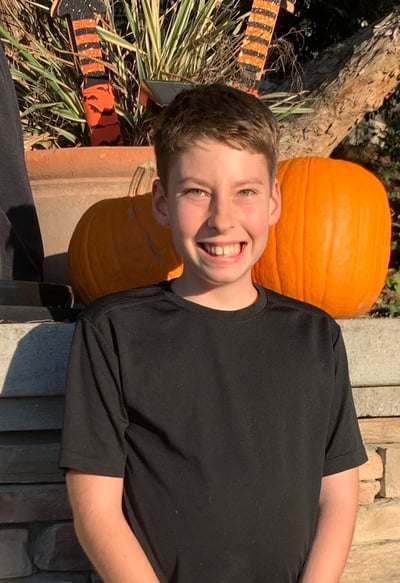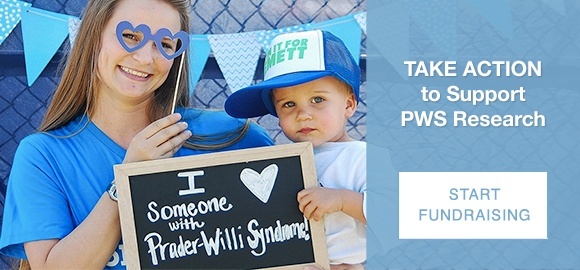 My son with PWS turns 12 years old this year. He experiences many of the challenges of PWS and, like every parent, I dream of the day when he can live a FULL and independent life. This is why I am as excited as ever as we enter 2021 …
My son with PWS turns 12 years old this year. He experiences many of the challenges of PWS and, like every parent, I dream of the day when he can live a FULL and independent life. This is why I am as excited as ever as we enter 2021 …
-
Two PWS clinical trials for hyperphagia were completed in 2020 with promising results.
If approved by the FDA these will become the first new treatments for PWS since growth hormone approved more than 20 years ago! Additionally, a pivotal phase II trial of Pitolisant has been launched to address wakefulness inn PWS. FPWR will continue to work closely with each of study sponsors to advance PWS trials in 2021. -
Vagus Nerve Stimulation (VNS) has been shown to improve behaviors in individuals with PWS.
The device has been studied in a small number of PWS individuals both as an implanted device and an external, wearable device, and in both instances, behaviors were markedly improved. Your donations have enabled this work and in 2021 FPWR will advance a clinical trial of VNS in the United States with the aim of collecting the safety and efficacy data needed to make this technology available to our loved ones with PWS. -
This past year alone, FPWR-funded researchers have identified 3 NEW potential therapeutic targets, suggesting new possibilities for developing novel treatments for PWS:
- Dr. Potts and Reiter have described a broken cellular process in PWS. This finding sets the stage for screens to identify drugs that may address many of the symptoms of both PWS and SYS in a single approach.
- Dr. Carmichael has used stem cells to identify a set of genes that are processed and expressed differently in PWS compared to typical neurons, establishing new targets for therapeutic development.
- Dr. Schaaf identified a pathway that is overactive in SYS and may be amenable to modification with drug therapy.
-
In addition to bringing together experts from across many fields of research, FPWR is working closely with more than a dozen companies interested in developing therapeutics for PWS.
These collaborations are allowing us to accelerate our work as we drive forward towards treatments for PWS.
Despite the challenges of 2020, with your support, we have made meaningful advances as we work towards treatments and a cure for PWS. I know with great certainty that we are getting closer to answers. There will be treatments for our loved ones with PWS. They are coming. And we will keep eliminating the challenges until they have all been overcome.








